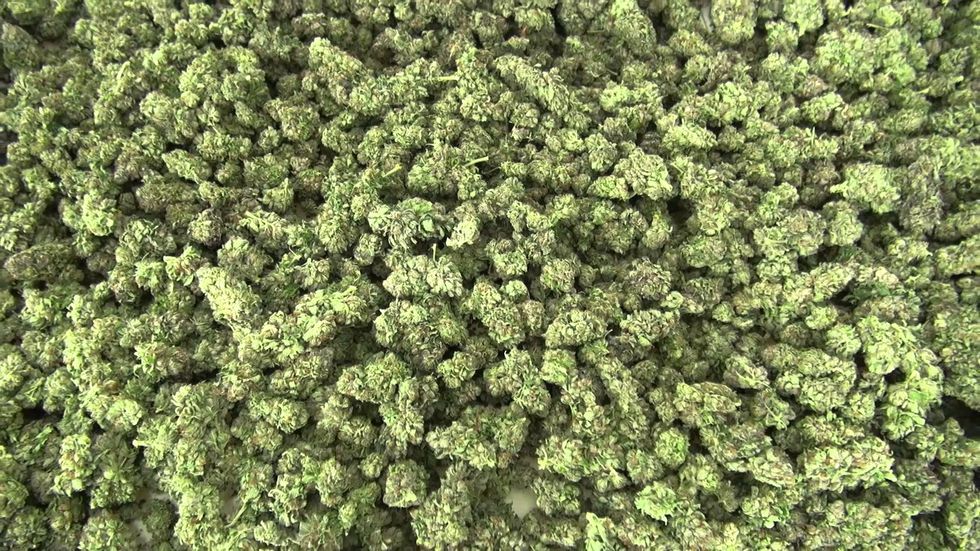It’s April, and for most of the Northern hemisphere, spring is in the air. Hippies, hipsters, and hibernators are leaving the house more and more each day, and music festival season is officially upon us (shout out to all the lucky individuals who could afford to go to Coachella). Music festivals and late night outdoor adventures have a lot in common: there’s plenty of music, lots of conversation, and the manifestation of memories that will last a lifetime. Another staple associated with these spring festivities is the return of good ol’ Mary Jane.
PSA: Marijuana month is here. Baby Boomers, brace yourselves.
We are currently in the fourth month of the Western calendar, and April 20th is just around the corner, meaning that the unofficial ‘let’s-get-stoned’ holiday is almost here. Now legalized for recreational use in 8 states and for medical use in over 20 states, Marijuana’s popularity in America is hitting record highs. Marijuana has clearly surpassed its popular 1970’s revival, and it doesn’t seem to be going away anytime soon. According to Forbes Magazine, sales grew upwards of 30% in 2016, hitting a whopping $6.7 billion by the end of the year. Though the use marijuana is heavily debated, the generated revenue is undeniably impressive. Frankly, Cannabis usage is becoming part of American culture, whether you like it or not. So, here’s a little info about pot (Cannabis, Marijuana, whatever you want to call it), that will hopefully weed out a few misconceptions.
One of the biggest misunderstandings about Marijuana is that it is addictive. Contrary to popular belief, Marijuana is not necessarily an addictive substance, like alcohol or cigarettes. Marijuana and its addictive property THC tend to be habit-forming rather than addictive. That isn’t to say that it cannot become an addiction; like any substance that alters one’s state of mind, it can be used to the point of abuse. However, according to psychologist J. Wesley Boyd, “the vast majority of marijuana users are neither addicted nor almost addicted to cannabis”. The tendency for marijuana use tends to be for social engagement and recreation, hence its categorization as a ‘recreational drug’. Its social utilization is similar to that of alcohol, and both have an addition rate of about 9% (alcohol’s number is slightly lower, at 8.4%). In terms of their effects on individuals and their lifestyles, cannabis is on par with alcohol.
Second, it’s important to remember that the Cannabis plant has uses outside of obtaining a recreational high; it has a number of health benefits, even some outside of its chemical effects. When properly prescribed, Cannabis in a medical form can be used to treat chronic pain, Crohn's disease, Tourette Syndrome, and even some kinds of cancers. Hemp seeds (or 'Marijuana seeds') also have a number of health benefits and are even considered a superfood. They're high in fat and contain more protein than chia or flaxseeds. Not only that, but they are also speculated to decrease the risk of heart disease and help with a number of skin disorders. Properly processed hemp seeds are legal in all 50 of the United States, and can be bought in a number of popular supermarkets, such as Target or Walmart. You're not going to get the munchies from these seeds though; the only high you'll get from ingesting them is a (potential) high on life.
Marijuana does have its downsides. The smoke sort of smells like a skunk, it can be addictive, and could possibly cause some breathing problems. However, unlike many recreational substances, it's positive qualities outweigh the negatives. No, Marijuana's not for everyone, and that's ok. No one should force you to smoke a joint on 4/20, or on any day for that matter. But if you do decide to pass a joint around (legally, of course), bust out some hemp seeds and get on with the munchies, because as far as weed goes, the next few years are going to be lit.
























